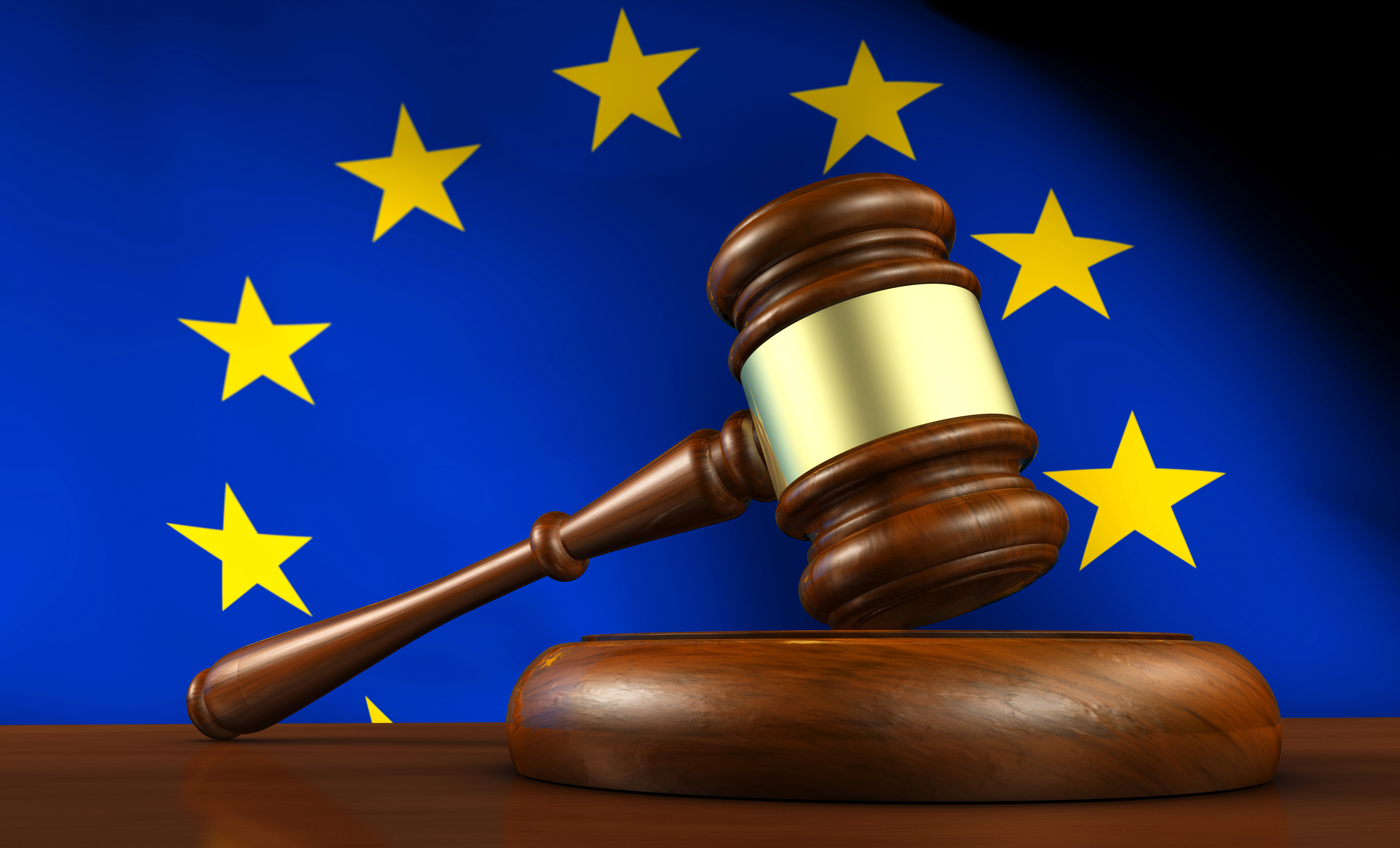
In a judgment delivered on 18 June 2019, the EU General Court (GCEU) revoked a 2015 European Commission (Commission) decision prohibiting the Romanian government from compensating Swedish investors, the Micula brothers, pursuant to a 2013 ICSID award. Back in 2015, the Commission had concluded that the ICSID award was incompatible with Article 107 of the Treaty of the Functioning of the European Union (TFEU), on the grounds that the payment of compensation constituted state aid. In its recent judgment, the GCEU annulled the Commission’s decision, because the GCEU found that the relevant events predated Romania’s accession to the European Union (EU), with the result that the Commission enjoyed no authority to retroactively apply its powers under the TFEU.
Read More:
In 2005, prior to its EU accession, Romania implemented a set of measures designed to avoid future incompatibility with EU law. More particularly, to avoid the risk of granting state aid, Romania withdrew various incentives it had offered to foreign investors. The removal of these incentives affected the Micula brothers’ investment, which led them to commence an ICSID arbitration under the Sweden-Romania BIT. The Micula brothers were successful, and the tribunal awarded them €178m in compensation.
The Commission later declared the ICSID award invalid, on the grounds that the compensation payment constituted state aid that was incompatible with EU law. Through its 2015 decision, the Commission specifically requested Romania to reclaim any compensation it had previously paid to the Micula brothers.
The Micula brothers appealed the Commission’s decision before the GCEU. The GCEU ruled in the brothers’ favour, finding that all relevant events had taken place before 1 January 2007, when Romania acceded to the EU. The court clarified that the arbitral award could not be classified as ‘new’ state aid, because the award was merely an ancillary element of the compensation at issue and was not severable from the earlier tax incentives. Accordingly, the Commission only acquired competence to review Romania’s actions pursuant to Article 108 of the TFEU after the State had acceded to the EU.
Notably, the GCEU compared the law applicable in Micula with that in Achmea v. Slovak Republic. In Micula, the GCEU noted that the arbitral tribunal was not bound to apply EU law at the relevant time (i.e., to events occurring prior to Romania’s EU accession). This stood in contrast to the situation in Achmea, where the CJEU ruled that EU law formed part of the law applicable to the dispute pursuant to the wording of Article 8 of the Netherlands-Slovakia BIT.
Micula GCEU judgment found here
Micula ICSID decision found here
Achmea judgment here
